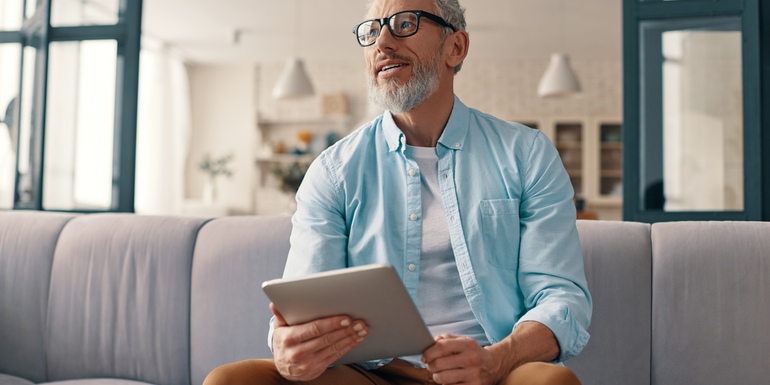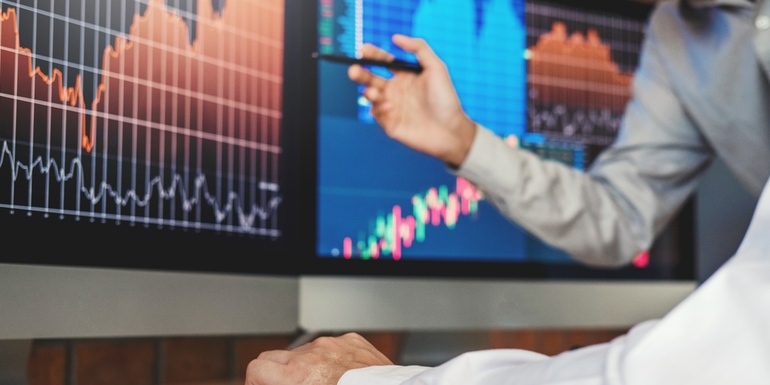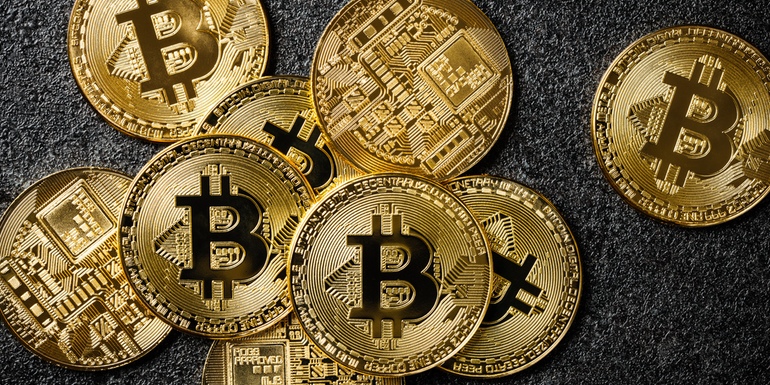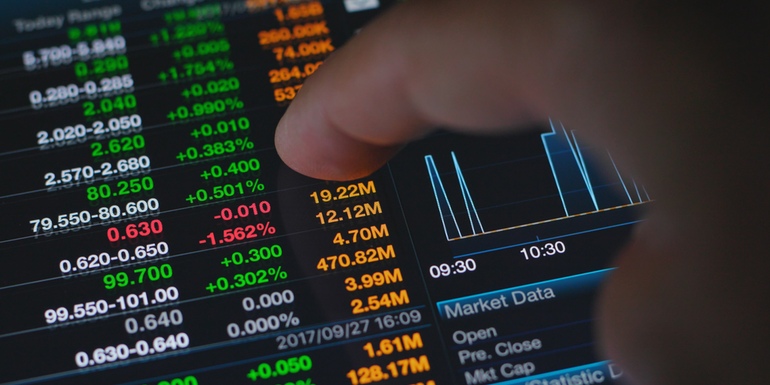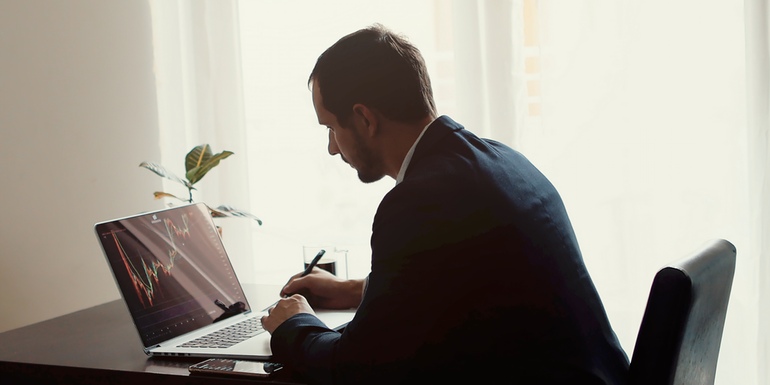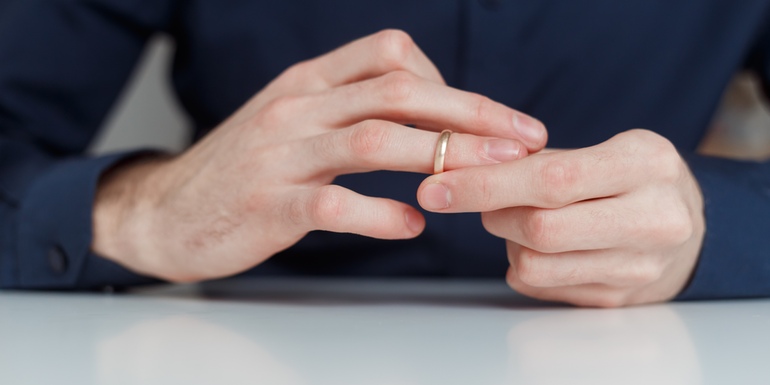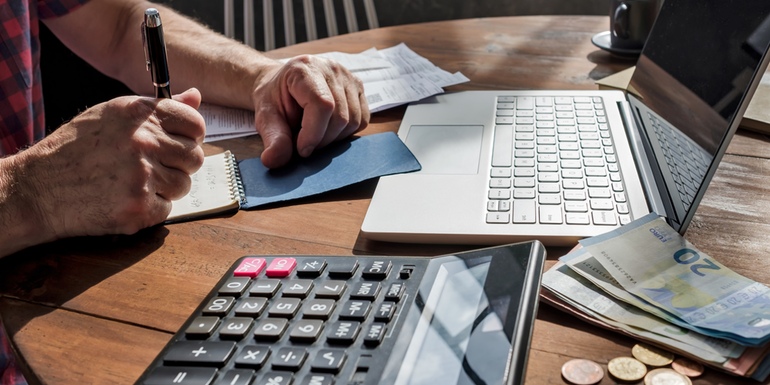When it comes to financial planning, risk planning, estate planning and investing, many of us like to “set and forget”. Our lives are full of things to remember, for work, family and the communities in which we’re involved – often, the last thing we want to review is our financial portfolio.
As a result, it’s easy to forget why we have some of these financial products in the first place. The complexity of financial planning and investing (and the very reason why having a financial adviser helps) means that keeping tabs on changes and updates is nearly impossible for those who don’t work in the industry.
When it comes to short-term insurance, the different product providers are highly competitive and frequently update their rewards or affiliate partners and benefits. This means that comparing one premium with another is not as simple as comparing apples with apples. It also means that if you haven’t checked in on your short-term insurance recently, you could be overpaying, underpaying (and receiving less cover than you need) or simply be paying for a product that is no longer suitable for you.
Whichever situation you find yourself in of these three, it means that your financial portfolio is no longer optimised in your interest. It’s like going to a tailor in your thirties and having your clothes cut and fitted to your measurements, and then thinking those clothes will fit you perfectly for the next thirty years.
We all know that “a penny saved is a penny earned”, and this applies perfectly to the situation of paying insurance premiums that are either too high or not suited to your needs any more. Either – you will be able to save on premiums and invest more now or allocate those saved pennies elsewhere, or – you will be miss-insured and have to pay out more pennies in the event of a claim.
A sure way to reduce the strain on your financial plan is to check in on your short-term insurance at least once a year or whenever there has been a significant global event (like a pandemic or stock-market crash). At these times, changes are made to policies that could affect both the cost and the outcome of your cover. Reviewing them will either free up unnecessary expenses or lock in the benefits that you genuinely need.
Shopping around for better quotes, keeping your credit score in the positive and updating a list of your household items and assets are all good ways to keeping yourself in a stronger financial position. You can easily do this all yourself, but as mentioned above, the complexity of financial planning and related products means that having a financial adviser who can give you independent advice could save you in the long run.


